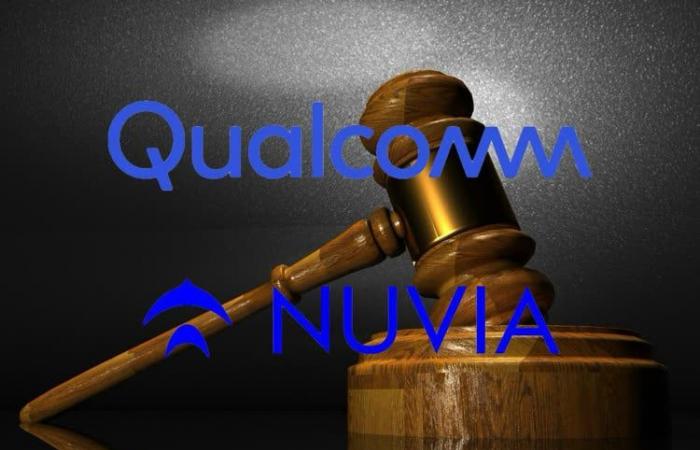Last week, a complicated trial was held in the United States: Arm Holdings, which manages ARM chips, attacked Qualcomm, one of its customers, for a dispute linked to a license. And Qualcomm won, at least in part.
In summary, Qualcomm bought Nuvia a few years ago, and the two companies' licenses for ARM chip design did not set the same royalties. Arm wanted to apply Nuvia's (high) royalty for chips designed by the company — the Snapdragon The difference between the two? Around $50 million annually for Arm, which also demanded the outright destruction of intellectual property linked to Nuvia's chips. We detailed the problem a little more in previous news.
Arm vs. Qualcomm: the lawsuit that could change everything
A mixed victory
There were three specific questions on which the jury was to deliberate. The jury decided on two points: Qualcomm did not infringe Nuvia's license and the technologies recovered during the acquisition of Nuvia are indeed covered by Qualcomm's license. The two points make it possible to secure sales of PCs equipped with a Snapdragon X Elite chip and smartphones equipped with a Snapdragon 8 Elite chip, which are gradually arriving on the shelves.
The first question, on which the jury could not agree, relates to Nuvia: does start-up violated its license by accepting the buyout and developing a mobile processor rather than a server processor? The issue is a bit unusual and has no direct impact on Qualcomm, but one of Arm's lawyers indicated that it was bound for them, and therefore the company would likely appeal, according to Tantra Analystwho offered summaries of the different days of the trial.
In any case, the trial shows above all that royalties on ARM chips vary enormously depending on the case. In the case of Qualcomm, the company would for example pay a license of 1.1% (or $0.58) per chip sold with its architectural license, which integrates chips designed in-house such as those from Nuvia. On the contrarychips from the more traditional license which consists of integrating processors designed by Arm have a very much higher cost: 5.3% or $2.2. Rumors indicate that Apple, which has an older and more favorable license, would pay less than $0.3.







